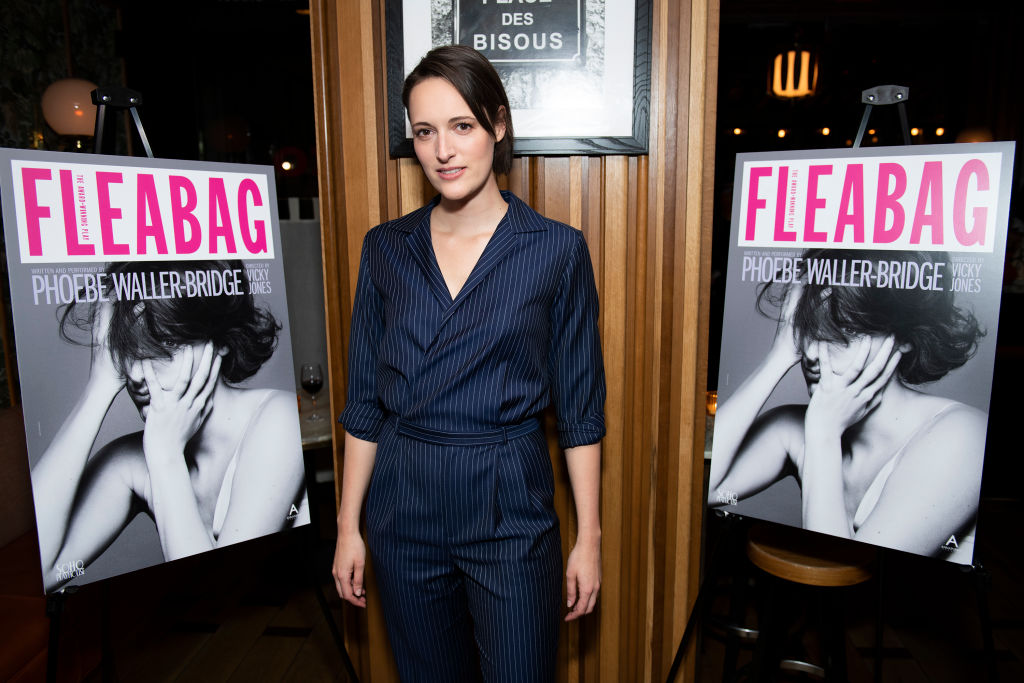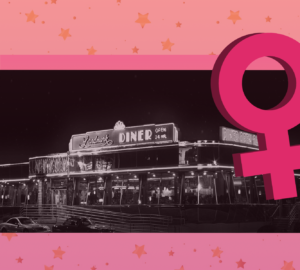Fundamentally Flawed: An ode to Phoebe Waller-Bridge’s “Fleabag”
After premiering in 2016, followed by a second season airing in 2019, Phoebe Waller-Bridge’s titular comedy series, “Fleabag,” has received immense critical acclaim. Personally, I feel the praise is justified, and find myself among the throng of viewers asking for more. As of late, Waller-Bridge is adamant that there are no plans to continue “Fleabag’s” story, at least not soon. She insists that their narrative is currently wrapped up with the tender close of season two. For those longing for more content in this similar vein, check out The Guardian’s article on suggested shows and books that emulate “Fleabag.” Until then, I can’t help but be left wanting, not just closure for Fleabag’s character and plotline, but also for the on-screen presence of a character that is so fundamentally flawed.
Western storytelling adores a lovable protagonist, a character who may be rough around the edges but is generally redeemable to the viewer’s eye. The protagonist is often thrust into conflict and pitted against opposing characters or situations. This usually gets tied up with a lovely little bow; the protagonist overcomes their flaws and obstacles, succeeding in their mission. “Fleabag” breaks that predictable narrative structure and loses the redemptive arc altogether, allowing the lead to flounder in their incompetence and fail their task again and again, instead. Despite all of her gracelessness and selfishness and general ineptitude we, as an audience, still love her the same.
I miss loving a character who is not a very good person. Even when trying their absolute best, they fail so hard the whole time. I don’t want to see a perfect character facing annoyances and inconveniences with grace and poise, it’s just not realistic, nor is it relatable. Fleabag’s crass sarcasm, vulgarity and ridiculous pretenses are what draw me into her story, partly because she’s just as bad as her counterparts. Fleabag never takes the high road – she is petty, she is obnoxious, she is boorish and she is selfish. She goes toe to toe with her uptight sister, overbearing stepmother, absent father and her rotating cast of sexual partners. When she steals the statue, she acts out of spite. She is selfish and uncompromising in her relationship with Harry. She lies when she breaks Claire’s award. She unabashedly flirts with a Priest! Fleabag lets us down again and again and I love her for it.
The feminine urge to slap your sister when she tries to give you a hug. pic.twitter.com/OIfV8D3JdO
— Prime Video (@PrimeVideo) December 4, 2021
There’s something to be said for doing the wrong thing. In season one, Fleabag stumbles her way through a litany of mishaps and manages to damage all of her close relationships. After what Fleabag does to Boo, everyone loses their faith and trust in her, so her half-hearted apologies mean little when it comes to stealing the statue and revealing to Claire what happened with Martin. She can’t seem to stay out of the spotlight, even though shrinking away and isolating herself may be the best move to heal her relationships. But she keeps trying. She gets knocked down again and again by fate and her own bad decisions but perseveres through it all. She apologizes and pushes forward, even when some of her actions are unforgivable. When she can’t ask forgiveness from her loved ones, Fleabag does something very brave – she chooses to forgive herself.

Real people are selfish, real people steal. Everybody lies more than they would like to admit, and we feel jealousy and envy more than we are comfortable admitting to ourselves. I feel represented when Fleabag is awkward and messy, when she fails to communicate and when she doesn’t even try in the first place. I see myself in her faults and that makes me root for her even more. I feel her pain like it is mine to feel and celebrate her wins as if they are my own. That is why we find ourselves forgiving her and why we cheer her on when she goes after what she wants; we also want what’s best for ourselves, despite our flaws and mistakes.























